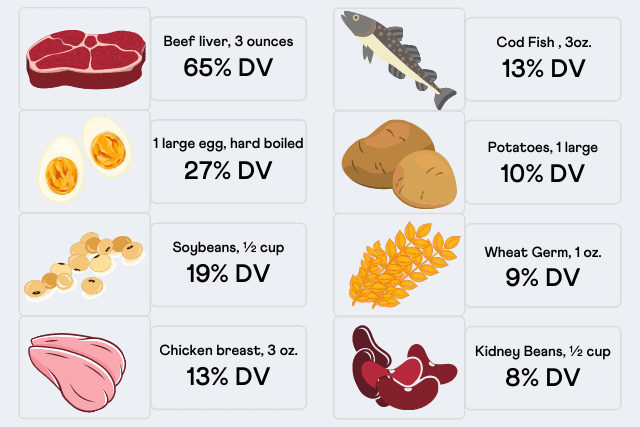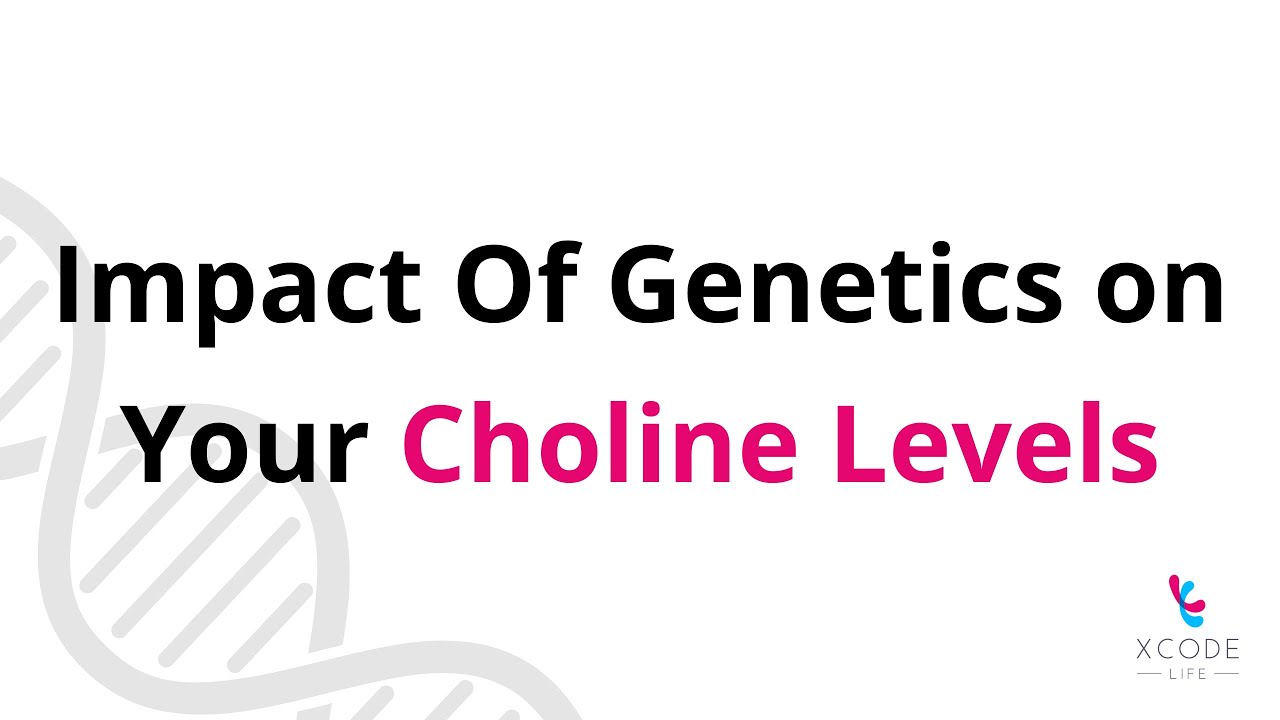Happy World Liver Day!
The liver is the largest organ in the body. It is also one of the busiest and most underrated organs. If it weren't for the liver, your body would be unable to distinguish between toxic and useful chemicals. Your liver helps detoxify your body and maintain healthy metabolic pathways.
Today, on World Liver Day, we help you recognize its immense significance in the body and how you can help protect its health.
Choline was declared an essential nutrient by the Institute of Medicine in 1998. Essential nutrients are compounds that the body cannot produce or produces in insufficient amounts and need to be supplemented through diet.
Importance of Choline
Choline is required for several important functions in the body, including the regulation of the muscular system, nervous system, and liver function. It also helps maintain an active metabolism.
Choline is a part of a type of fat called phospholipids, which are essential to protect the structural integrity of the cell membranes. It produces compounds that aid the transportation of lipids, thereby preventing their accumulation in the liver.
Choline is also needed to produce acetylcholine, which is a neurotransmitter. Neurotransmitters help transmit signals from the brain to the target cells.
Along with vitamin B9 and B12, choline is involved in the synthesis of DNA.
RDA of Choline
Small amounts of choline are produced in the liver, insufficient to meet daily requirements. This essential nutrient needs to be supplemented through diet. The requirements vary from person to person based on their age, genetic makeup, and various other factors.
The Institute of Medicine recommends a daily intake of 550 milligrams and 425 milligrams of choline for adult men and women, respectively.
Pregnant and breastfeeding women should increase their daily intake to 450 milligrams and 550 milligrams, respectively.
Fatty Liver Disease and Choline Deficiency
Choline deficiency is rare, but specific individuals are at a higher risk. A 2018 study shows men are at a higher risk for choline deficiency than women!
However, post-menopausal women are at a higher risk than pregnant women. Higher choline intake can help prevent birth anomalies like neural tube defects.
Other at-risk groups for choline deficiency include:
- Endurance athletes.
- People who consume large amounts of alcohol regularly.
- People with certain genetic types prevent the absorption of choline.
Choline deficiency can also increase the risk of developing certain health conditions like non-alcoholic fatty liver disease, obesity, hypertension, and liver damage.
Dietary Sources of Choline
A choline-rich diet is very effective in preventing choline deficiency. Eggs and organ meat such as chicken liver, salmon, and cod are good sources of choline.
Plant-based sources include vegetables like broccoli, and cauliflower, fruits like apples and tangerines, and vegetable-based oils like soybean oil. Soy lecithin is a food additive containing about 3-4% choline content.
Image: Dietary sources of choline
*DV - Daily Value
Source: National Institutes of Health
Genetics of Choline Deficiency
Specific genes also influence your choline requirements.
The PEMT gene is one such example. This gene contains instructions for making an enzyme that is involved in the production of choline.
Variants or changes in this gene affect choline levels in the body.
If you are at risk for choline deficiency, talk to your doctor. You might need to take choline supplements from a diet rich in choline.
Getting a Genetic Test
A genetic test can help determine if you have any genetic variations affecting your choline levels.
Most genetic tests provide your DNA information as a text file known as the raw DNA data. This data may seem like Greek and Latin to you.
At Xcode Life can help you interpret this data. You must upload your raw data and order a nutrition report. Xcode Life then analyzes your raw data to provide comprehensive nutrition analysis, including information on your choline levels.







